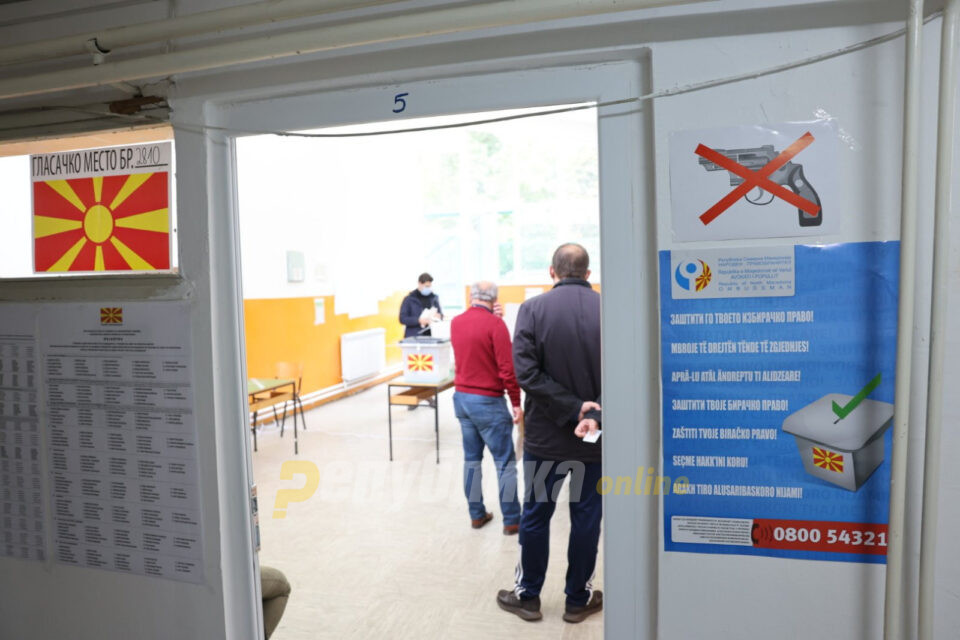The State Election Commission (SEC) today adopted the Guidelines on the method of determining the identity of the voter with four votes “for” and two “against”. These guidelines establish that voters will only be allowed to visit the polling stations once to cast their votes in the dual elections scheduled for May 8 – parliamentary and the second round of presidential elections.
The proposal for this instruction came from three members of the SEC and was elucidated by Boris Kondarko. He clarified that it would be applicable only in instances where two or more different types of elections and a referendum are held concurrently. Kondarko emphasized that this regulation does not infringe upon citizens’ rights of free choice and determination, nor does it limit or diminish their right to vote. Instead, he argued, it safeguards citizens from potential manipulation, coercion, or exploitation of their will. Kondarko further stated that this instruction prevents crowds and long queues at polling stations, which would occur if citizens were allowed to vote twice during the day.
During the discussion, a majority of the SEC rejected a proposal by member Boban Stojanovski to permit voters to return and vote again during the day. Stojanovski argued that technological advancements, such as biometric identification devices, allow voters to be identified for each type of election separately throughout the election day. He suggested that Kondarko’s proposal could potentially discriminate against voters by limiting their ability to choose when to vote for different elections.
The President of the SEC, Aleksandar Dashtevski, supported Stojanovski’s proposal, highlighting the obligations outlined in our Constitution and international agreements to which the country is a signatory. However, Kondarko’s proposal received backing from the vice-president of the SEC, Ditmire Shehu, who emphasized the SEC’s role in organizing free and democratic elections while ensuring equal rights for all citizens. Shehu clarified that allowing voters to vote for two types of elections simultaneously does not infringe upon their constitutionally guaranteed rights.




Comments are closed for this post.